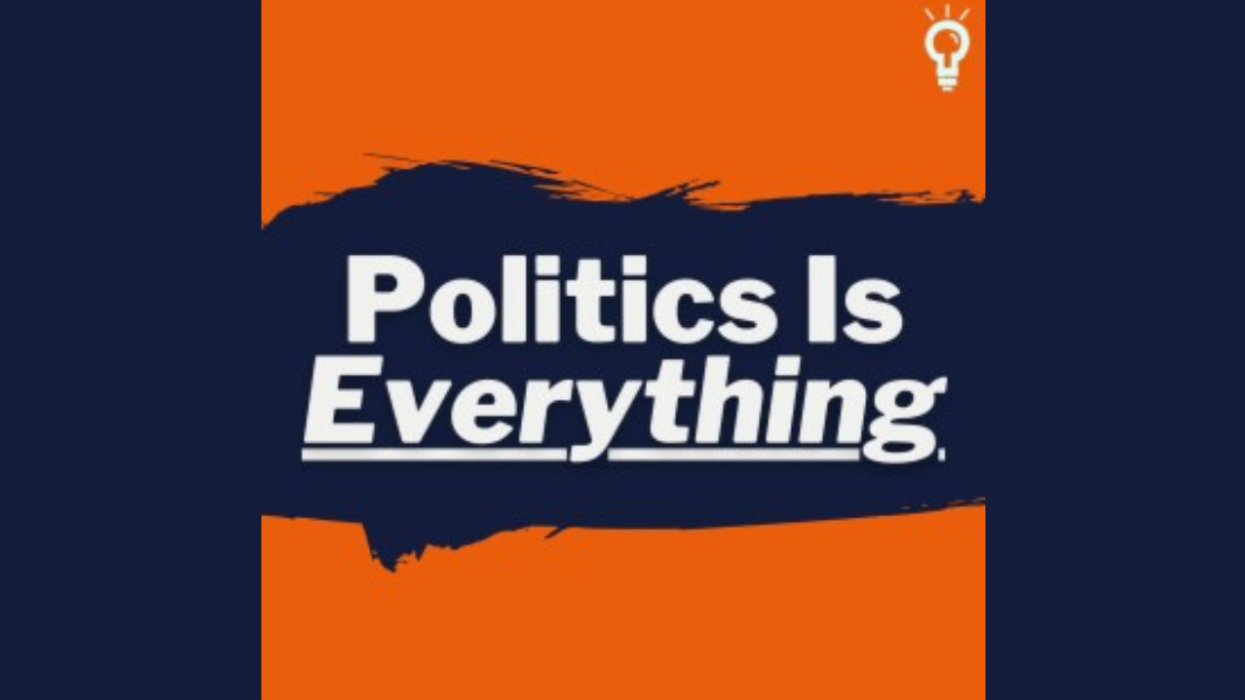From the authentic to the hyperconstrued, from taking serious public issues and concerns to the utterly nonsensical and absurd, Kyle Kondik, Miles Coleman and Carah Ong Whaley share what they think are the best and worst of campaign ads, campaign moments and candidate moments of the 2022 midterm elections. What made your best and worst political moments of 2022?
Listen here: https://open.spotify.com





















